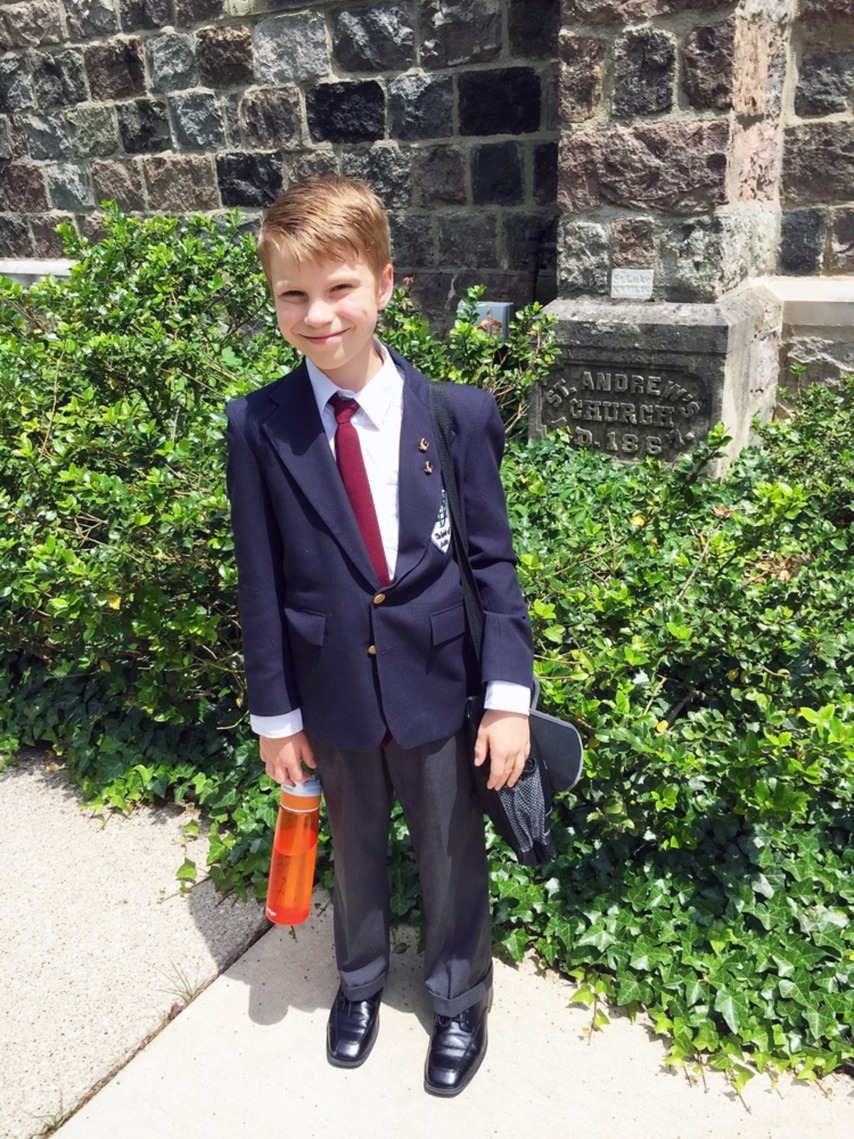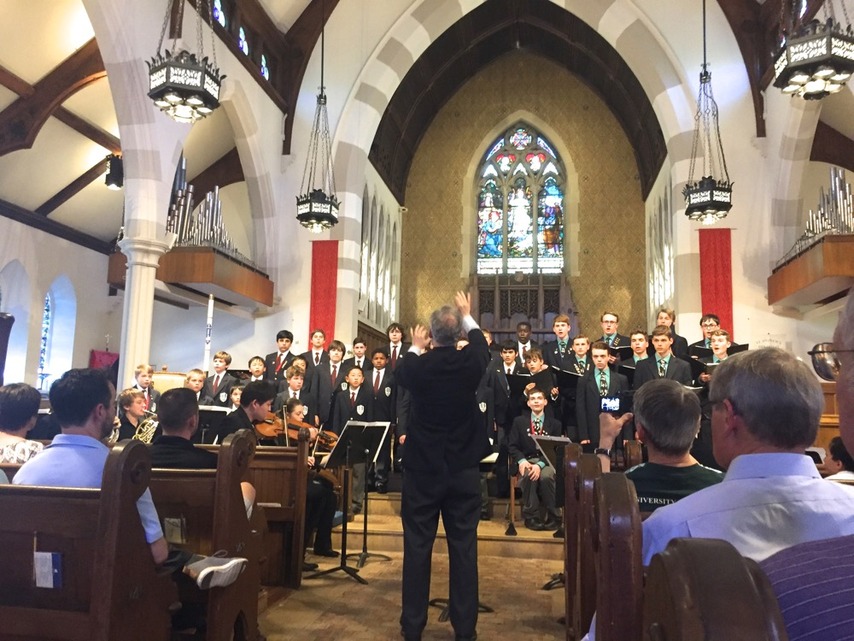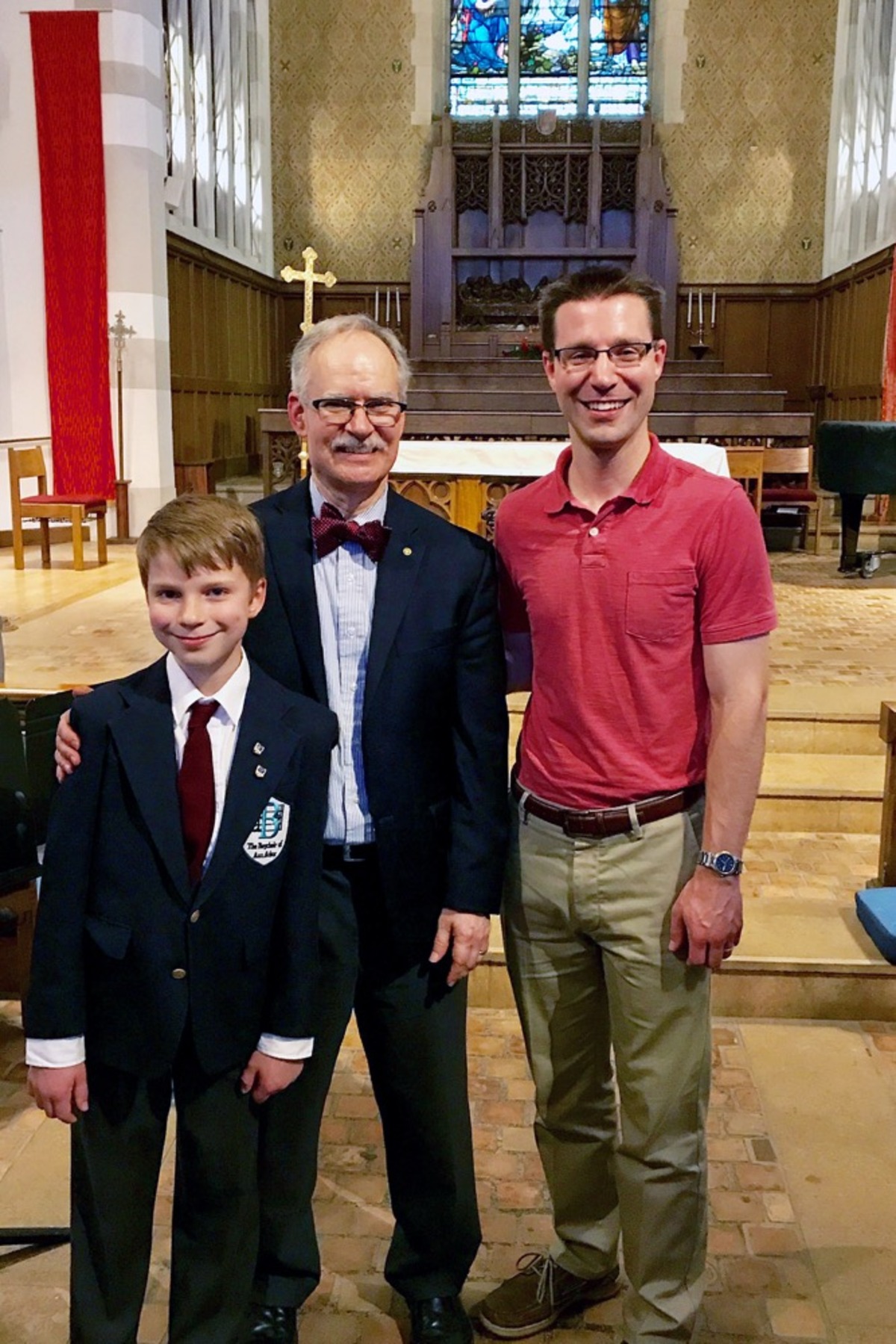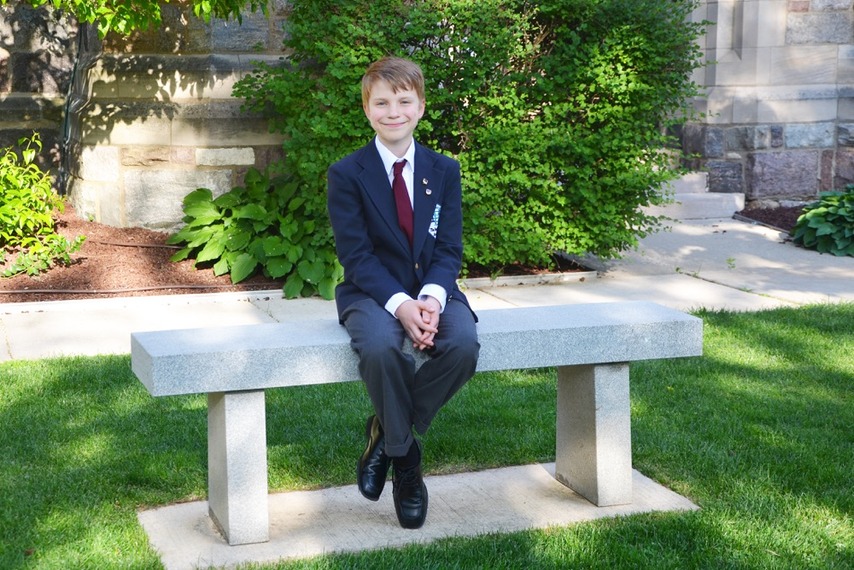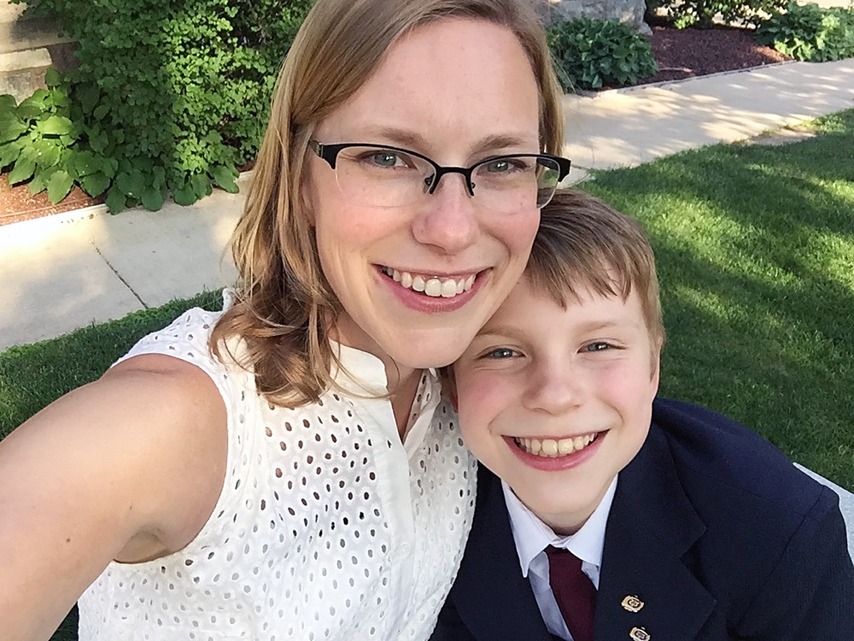There are all kinds of articles and studies out there right now in support of keeping fine arts in the schools. This comes at a time when the greater push is to improve and intensify academic learning in an increasingly homogenized and student saturated environment, all with fewer funds, so the battle to defend (or, on the flipside, defund) the arts is real, and it's a brutal one.
A few months ago we were at the GP's for Calvin's anual checkup. His doctor, a young man whom I for speaking to me like an equal and Calvin like a capable human being, went over Calvin's list of "out of school" activities with us. I think he was just curious, or he may have been checking in because he knows that Calvin is homeschooled, and although we seemed to pass any test that might have been administered, we also seemed to flummox him with regards to Calvin's arts involvement. That's a lot of music, he said. It wasn't said with any kind of tone, so I don't know if it was meant as a judgement or merely as an expression of surprise, but it got me thinking.
Calvin has choir rehearsal twice a week, band rehearsal twice a week, dance class twice a week, and a weekly piano lesson. He participates in anywhere from 2 to 4 theatrical performances a year. We study fine arts (drawing, painting, sculpture, and art viewing) at least twice a week. This is a lot, especially when I see it typed up here in front of me, and by no means do I think this level of involvement is right for everyone. But Calvin does the performing arts the way other kids do sports. He is trying several of them, and the amount of time he dedicates to them over the year is not really more than a child involved in team sports dedicates to those. Yet his involvement in the fine arts elicits a very different response than a child receives who is heavily involved in sports.
Why this unequal respect for the two main paths of "extracurricular" involvement? Sports are heavily lauded for the benefits they bestow upon their participants, and rightly so. A sense of teamwork, self-respect, and physical fitness are just three of the many important things they are charged with teaching kids, and I don't at all doubt the veracity of those claims. I do, however, think the same things are taught through participation in the performing arts. I read an article recently that urged people to stop defending arts in the schools, the argument being that they need no defense, their value speaks for itself. If that were true, though, the battle for funding and support wouldn't be raging as we speak.
So in defense of performing arts in schooling (home or not), here are some of the things kids will learn or gain from that study:
Self discipline
It won't come right away. It might take years to achieve, in fact, but practice is self-discipline, and all arts require it. I've always told Calvin at the piano that music practice in particular is self-policing. Practice is sitting down to play a small part of a song over and over again until the whole family is going crazy, but you can finally play it right. You can't fake it, it's either right or it isn't. If it isn't, keep practicing.
Accountability
The point of practice, or self-discipline, is to perfect a skill. In the days between classes or lessons, kids are responsible for putt their best effort into this achievement. It's a little like homework in that a parent can make a kid sit down and play their scales they way they can make them finish their math, but arts practice is less mechanical in nature, and the resulting achievements are assessed more fluidly. Ultimately, students practicing the fine arts are more responsible for the value of their practice time, and, thus, more fully accountable for their achievements or lack thereof.
The skill of public speaking
This is an obvious benefit from stage performance, but the ability to get up in front of others is taught in any and all performing arts. It's in the performing part. In preparing works to share with others, be they piano songs practiced for recital, or vocal music to be performed in a choir concert, children are learning the skills of selection and preparation with an eye toward communicating with an audience. Then they actually get up in front of that audience. Not everyone who practices performing arts will be a talented public speaker, but I'm willing to bet that they will all at least improve in this area.
Confidence and Self-respect
Similar to the skill of public speaking, kids who go through years of performing arts education gain a level of self respect from lessons learned about preparation and performance. Youth performance environments are designed to be supportive and encouraging. The main goal of youth recitals is to help young performers gain confidence in their skills and in themselves. A secondary lesson is: put your best into it, get your best out of it. Everyone applauds at a child's recital, which is supportive and encouraging, but kid will know when they've truly done their best, and many will learn to respect themselves and the process enough to the work in between.
Perseverance
Nothing is more frustrating than a section of song you can't quite get, or a line you can't remember correctly, or a step you keep tripping on. And nothing is more rewarding than finally getting it right. Practice may not always make perfect, but done correctly it does always improve capability, and that reward teaches perseverance.
Collaboration
Duets, ensembles, stage performances, dance troupes...though many people think of performing arts as producing divas, the truth is that, as in sports, there are more team players in the discipline than individual rising stars. Get your instruments in tune, set up group practices, follow the director as one, don't miss your entrances. Collaboration is key.
Self expression
All kids long for self-expression. We see this in the child singing at the top of their lungs in the shower, or in the three year old screaming at the top of their lungs on the grocery store floor. Performance arts, any fine arts, really, provide a healthy means of self-expression.
Social exploration
Any collaborative approach in any performing art gives kids a common goal and asks them to set differences aside to achieve it. As part of team work, kids will learn ways to overcome social obstacles together. More literally, kids participating in theatrical arts are given the opportunity to play-act a wide variety of social situations. Kids do this on their own in imaginative play, but here they'll do it with the benefit of coaching.
Cultural and global exploration
All of the arts are celebrations of culture and heritage, and many performing arts programs seek out pieces from world cultures for students to try out and learn from.
Health and fitness
Especially true in theater and dance, but to some extent in all disciplines, the arts require a healthy life style and encourage physical fitness. While this necessity is obvious in dancers, think also of the need for great breath control and capacity in singers and wind instrumentalists, and also posture and fine motor control for all musicians. Piano players have some really strong arms and amazing abs.
Expansion and connection of all other subject areas
We've probably all heard about the studies linking music in particular to improved mental acuity and performance in other subject areas, like math. Reading music can help students improve their language skills as well. But we also try to include music, literature, and visual arts in our history and culture studies as we go. Since the arts are a celebration of culture and heritage, arts through time can be considered primary sources—snapshots in time—and there is a lot to be gained from studying them.
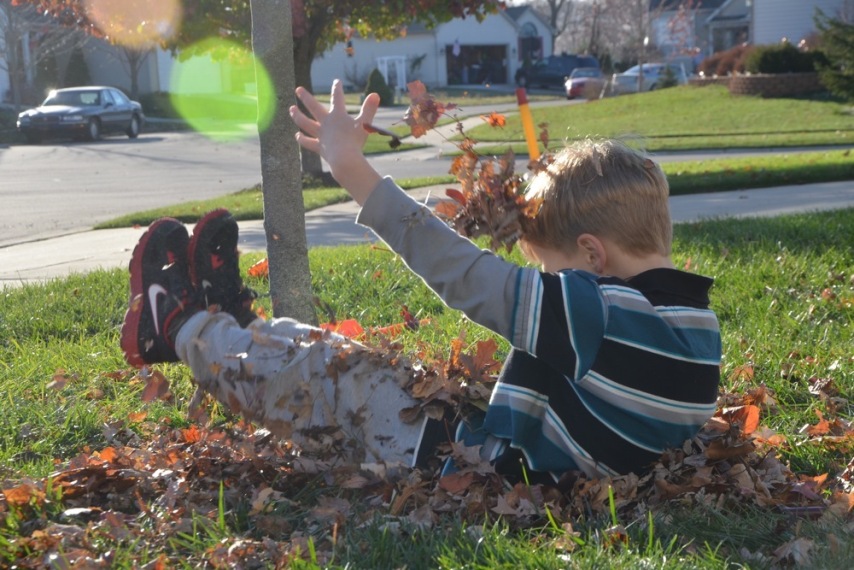

 Wednesday, June 14, 2017
Wednesday, June 14, 2017












